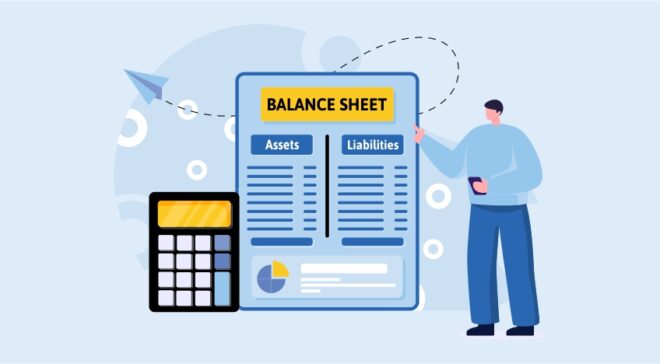 Total Assets of the company
Total Assets of the company

When evaluating the financial health and overall value of a company, one of the critical metrics to consider is the total assets. Total assets encompass everything a company owns that holds value and can be used to generate revenue or provide other economic benefits. This includes vehicles, equipment, property, and other tangible and intangible assets.
What Are Total Assets?
Total assets represent the aggregate of everything a company owns. These assets are typically categorized into two main types: current assets and non-current assets.
- Current Assets:These are assets anticipated to be turned into cash or consumed within a year. Examples include:
- Cash and Cash Equivalents: Money in the bank and other highly liquid investments.
- Accounts Receivable: Accounts receivable represent funds owed to the company by its customers.
- Inventory: Goods and materials on hand for sale or production.
- Non-Current Assets: Also known as long-term assets, these are assets that are expected to provide economic benefits for more than a year. Examples include:
- Vehicles: Company-owned cars, trucks, and other transportation equipment used in business operations.
- Equipment: Machinery, tools, and other equipment necessary for manufacturing, construction, or service delivery.
- Property: Real estate owned by the company, including land, buildings, and other structures.
- Intangible Assets: Non-physical assets such as patents, trademarks, copyrights, and goodwill.
Vehicles as Assets
Vehicles owned by a company consider as a non-current assets because they provide value over an extended period. These can range from delivery trucks and service vans to executive cars and specialized machinery. The value of vehicles is typically recorded at their purchase price minus accumulated depreciation.
Equipment as Assets
Equipment encompasses a broad category of assets essential for the company’s operations. This can also include office equipment (computers, printers, furniture), industrial machinery (manufacturing tools, assembly line equipment), and specialized tools (medical instruments, construction machinery). Like vehicles, the value of equipment is recorded at its purchase cost less depreciation.
Property as an Asset
Property assets include all real estate owned by the company. This can range from both office buildings and warehouses to retail spaces and undeveloped land. Property is often one of the most significant assets on a company’s balance sheet due to its high value and long-term investment potential.
Calculating Total Assets
To calculate the total assets of a company, you add together all current and non-current assets. The formula is:
Total Assets = Current Assets + Non-Current Assets
For example, if a company has Rs. 500,000 in current assets, Rs. 200,000 worth of vehicles, Rs. 300,000 in equipment, and Rs. 1,000,000 in property, the total assets would be:
Total Assets = Rs. 500,000 (current assets) + Rs. 200,000 (vehicles) + Rs.300,000 (equipment) + Rs.1,000,000 (property) = Rs.2,000,000
Why Total Assets Matter?
Understanding the total assets of a company is crucial for several reasons:
- Financial Health: Total assets provide a snapshot of a company’s financial strength and ability to generate revenue.
- Creditworthiness: Lenders and investors look at total assets to assess the company’s ability to repay debts and meet financial obligations.
- Investment Decisions: Investors analyze total assets to determine the potential return on investment and the company’s growth prospects.
- Business Valuation: Total assets are a fundamental component in valuing a company, especially during mergers, acquisitions, or sales.
In summary, Total assets are a vital indicator of a company’s financial position, encompassing everything from vehicles and equipment to property and intangible assets. By understanding and accurately calculating total assets, business owners, investors, and stakeholders can make informed decisions that contribute to the company’s growth and success.
FAQs:
To visit: https://www.mca.gov.in/

For further details access our website: https://vibrantfinserv.com